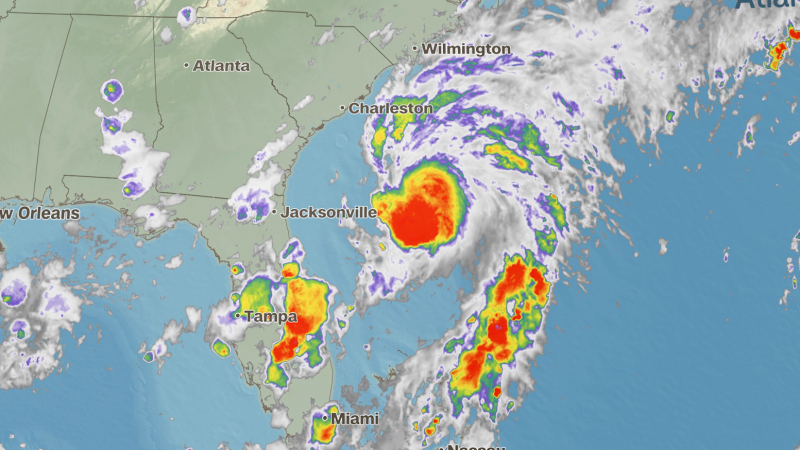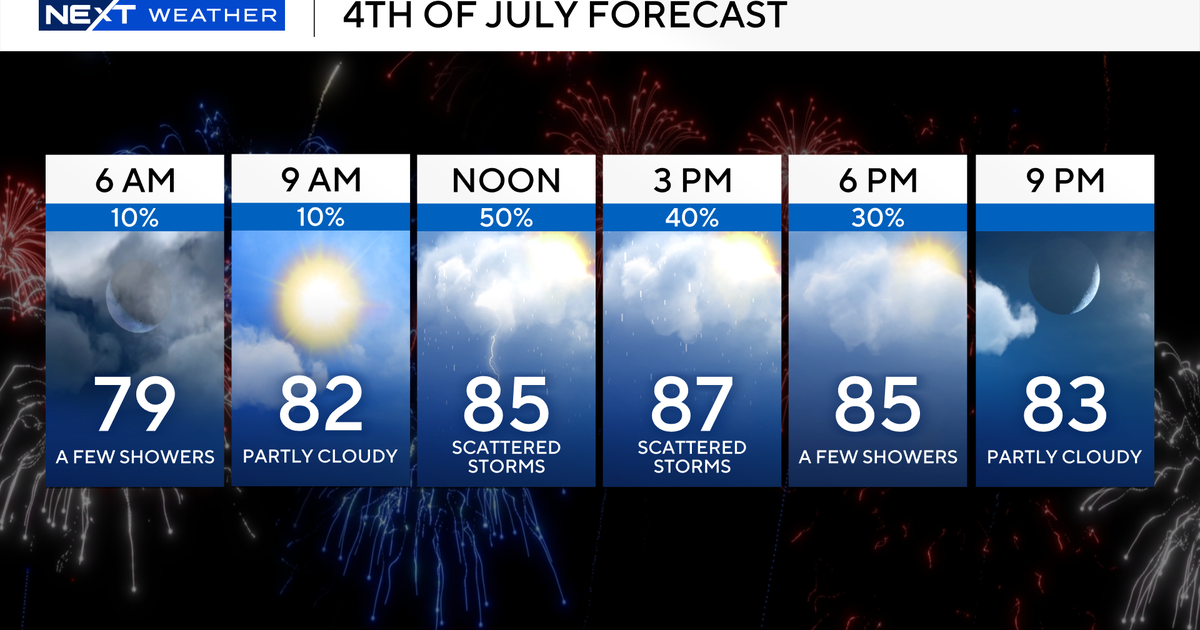As air quality worsens, UW scientist focuses on effects of wildfire smoke
It’s been a relatively quiet wildfire season so far in the Pacific Northwest, with not much in the way of large fires or widespread smoke pollution — yet.
But a recent study found that more frequent wildfires have been erasing air quality gains in the United States.
Prof. Joan Casey is an environmental epidemiologist at the University of Washington. She was quoted in a recent article in The Atlantic with an eye-catching headline: “America’s Coming Smoke Epidemic: The research on what smoke does to a body is just beginning.”
She told KUOW’s Kim Malcolm about her work and her concerns.
This interview has been edited for clarity.
: The main thing we're worried about with wildfire smoke are fine particulate matter. About 30 of these little particles fit across a human hair, and when you inhale them, they go deep into your lungs. They can move into your bloodstream, and that's where problems really start to arise. We'll see inflammation in the body, oxidative stress, DNA damage, epigenetic changes — things you don't want happening to your body.
And that means this exposure can be linked to a host of adverse health outcomes. The main ones we've seen so far are in the days following exposure to wildfire smoke. We see elevated emergency department visits for things like respiratory disease and cardiovascular disease.
What I do is use really large data sets, electronic health record data, for example, on millions of people. We're able to link people based on where they live to how much wildfire smoke they're exposed to over time. What we're doing is comparing people with really high levels of exposure to folks with lower levels of exposure that are otherwise pretty similar individuals. The only thing that really differs is how much smoke they experience. Then we're able to look at this association and see [whether] people exposed to higher levels of wildfire smoke [are] having more, for example, cases of incident dementia or more cancer endpoints or more emergency department visits for asthma.
So, I have a preschooler constantly asking me, “Why?” I think that's sort of where we're at in our understanding of the long-term implications of wildfire smoke. We have mostly a series of unanswered questions that we need to work on to build a model of how wildfire smoke impacts health. We need to know things like when does exposure matter during a person's life. Does this differ by a disease condition we're interested in? During what point of life does exposure matter? It might be that 20 years ago is the relevant time period for exposure to wildfire smoke and development of lung cancer.
We just have this kind of extremely long list [of questions] that I think my preschooler isn't quite ready to come up with, but in that vein, we have a lot of why’s.
Well, the CDC defines an epidemic as an unexpected increase in disease cases in an area. Indeed, this is sort of the track we're on with wildfire smoke exposure. We know that kids born in 2020 are going to experience at least two times as much smoke exposure during their lives as folks born in the 1960s. With that, I anticipate we'll see additional adverse health outcomes, especially potentially for kids that are exposed during stages of lung development that might have downstream implications for their health many years later.
It sounds like quite a bit of your work is focused on children and the impact that air quality has on kids in the early stages of their development. Are there some kids that you're more concerned about than others?
The literature, including my work, is showing that kids living in lower income households or in poor communities seem to have worse health outcomes for the same level of smoke exposure. So, I'm really interested in these equities concerns, and I would like us to try to make sure our policies and practices protect the most vulnerable, and if we do that, everyone else will benefit as well.
Listen to the interview by clicking the play button above.







